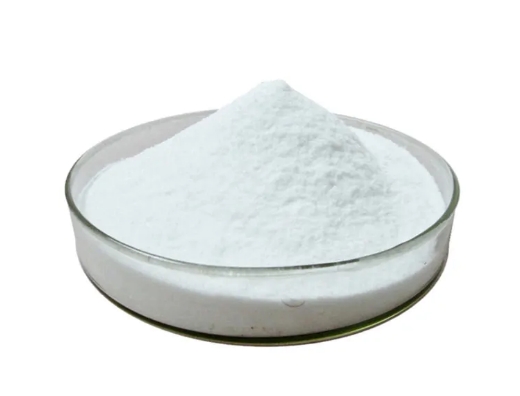
Maltitol
Maltitol is a sweetener from the family of sugar alcohols, known as polyols. Maltitol is generated by the hydrogenation of maltose, which comes from starch.
Maltitol powder is usually used as a sugar substitute. It has 75-90% of the sweetness of sucrose (table sugar) and almost the same characteristics. It is now used more and more to replace sugar, because it has only half of the calories, does not promote tooth decay, and has a slightly less impact on blood sugar.
Maltitol can be widely used in sweet foods, especially those labeled as low in sugar or with no added sugar. Maltitol has many advantages such as:
1. Sugar Reduction Easily: Replace sugar with maltitol powder to achieve significant calorie reduction without sacrificing sweetness. Maltitol offers approximately 70% of the sweetness of sugar.
2. Low Glycemic Index: Maltitol has a glycemic index of around 36, which is significantly lower than that of sugar.
3. Less Caloric Content: Maltitol provides only about 2.1 calories per gram, compared to 4 calories per gram for sugar.
4. Clear and Neutral Taste: Maltitol has a clean, neutral taste that does not impact any aftertaste.
5. Tooth-Friendly: Maltitol does not promote tooth decay like sugar does, making it a suitable choice for sugar-conscious confectionery products.
6. Diabetic-Friendly: Maltitol has a lower glycemic index (GI) than sugar, making it a potential benefit for those managing blood sugar levels.
Maltitol’s main function is to produce sweet foods, particularly in beverages, confectionery, pharmaceuticals, and baked goods, especially those labeled as low in sugar or with no added sugar.
1. Bakery
Used in cakes, cookies, and bread to provide moistness and sweetness.
2. Confectionery
Used in candy manufacture particularly sugar-free hard candy, chewing gum, chocolates, and ice cream.
3. Dairy Product
Enhance the sweetness of low-fat and sugar-free ice cream and yogurt.
4. Pharmaceuticals
Maltitol is used in sugar-free medications and oral care products like toothpaste, due to its non-cariogenic properties and low glycemic impact.
- Online inquiry
